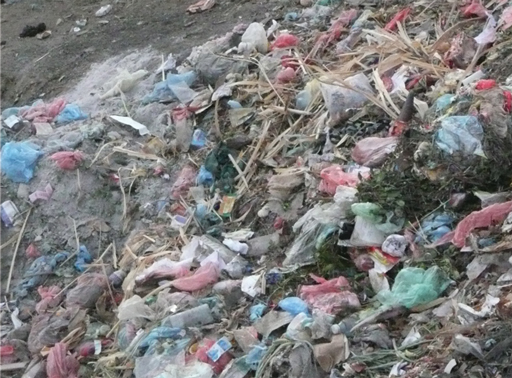11.3.2 Influencing factors
Several factors will influence the selection, operation and effectiveness of any waste management scheme and need to be considered when planning a successful ISWM programme. They include:
- Technical factors – refer to the selection of technologies that are available and will function with the quantities and composition of the waste produced. For example, the technology designed to compost one ton of waste a day will not be suitable for processing 50 tons per day. The reliability of the technology needs to be taken into account; it must operate under Ethiopian climate conditions and be repairable using locally available materials and people.
- Financial factors – are aspects that deal with budgeting and costs of the waste management system. Some of the most important issues to consider are the effect of private sector involvement and recovering the cost of the system from residents, businesses and government. The impact of the market prices of recovered materials, the amount and source of any subsidy to cover collecting wastes from those who cannot pay, and any other income-generation schemes also need to be considered.
- Environmental factors – focus on the effects of waste management on land, water and air, the need for conservation of non-renewable resources, pollution control, and public health concerns (Figure 11.4).

- Political and legal factors – refer to the administrative context in which the waste management system exists; the goals and priorities that have been set; the determination of roles and responsibilities; the existing or planned legal and regulatory framework and the decision-making processes.
- Socio-cultural factors – include the influence of culture on waste generation and management in the household and in businesses and institutions, the community and its involvement in waste management; the relations between people in the community of different age, sex and ethnicity; and the social conditions of waste workers.
11.3.1 Stakeholders
